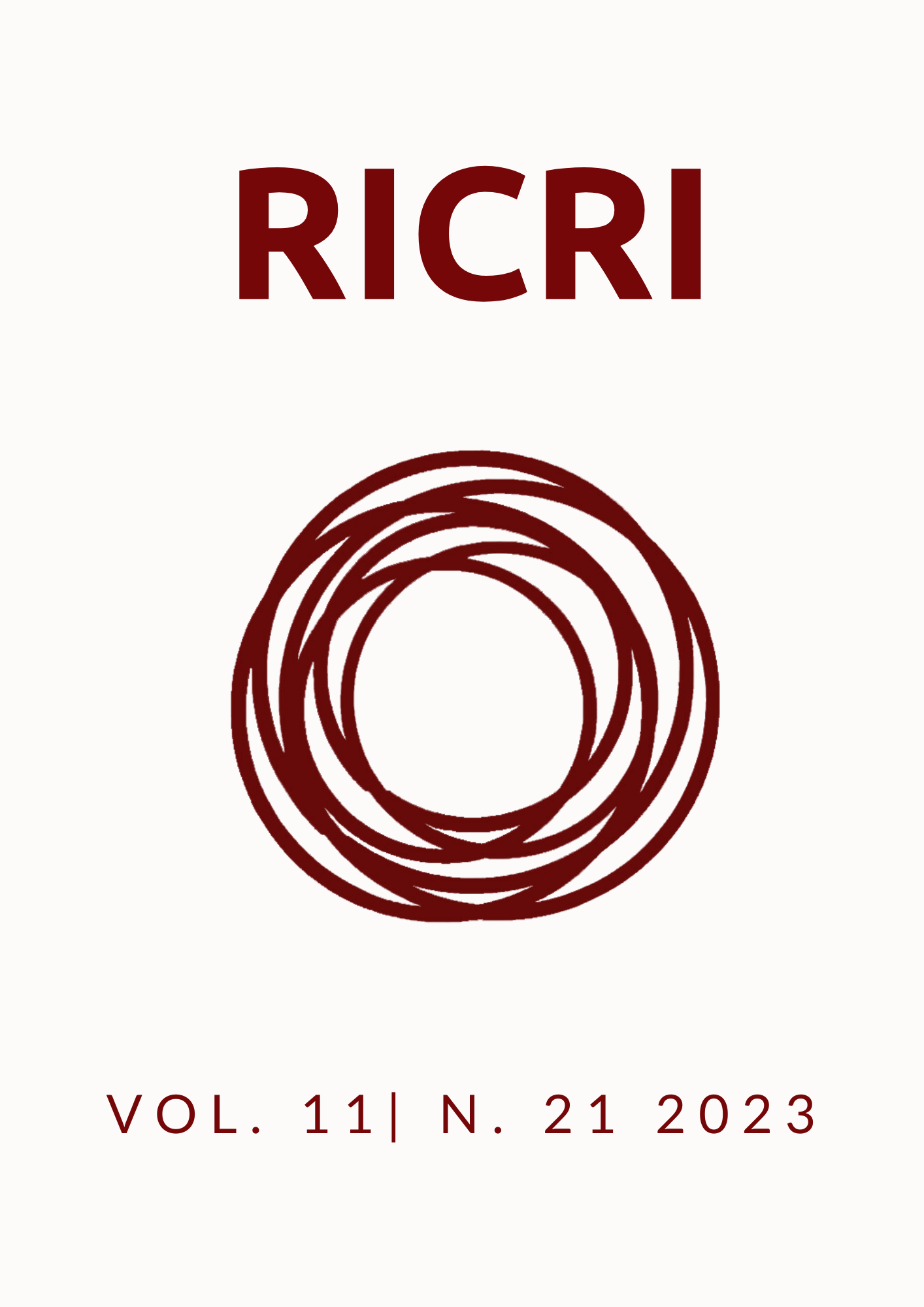“SOFT POWER” IN THE INTERNATIONAL PROJECTION STRATEGIES ADOPTED BY QATAR:
A SYSTEMATIC REVIEW
DOI:
https://doi.org/10.22478/ufpb.2318-9452.2024v12n23.68669Abstract
In recent years, Qatar has sought to project itself onto the international stage, with the purpose of assuming a role of prominence and relevance in relation to other neighboring states, seeking to insert itself as a diplomatic mediator of regional conflicts, and investing in various sectors, such as sports, media, and education. In order to investigate this phenomenon and to what extent Qatar uses soft power to achieve these objectives, this paper used the systematic literature review, articulated in a research protocol, to map the articles on the subject and categorize the information found. The results reported in the articles were separated into three aspects: cultural, sports, and foreign policy. Given the scarcity of studies on the subject in Portuguese, this study aims to provide a research agenda for further investigations, with the possibility of focusing on different topics within the theme.
Downloads
Published
How to Cite
Issue
Section
License
Copyright (c) 2024 Journal of Scientific Initiation on International Relations

This work is licensed under a Creative Commons Attribution-NonCommercial 4.0 International License.
Authors who publish with this journal agree to the following terms:
a. Authors retain copyright and grant the journal right of first publication with the work simultaneously licensed under a Creative Commons Attribution License that allows for sharing of work with acknowledgment of its initial publication in this journal.
b. Authors are able to take on additional contracts separately for non-exclusive distribution of the version of the work published in this journal (e.g., post it to an institutional repository or as a book), with an acknowledgment of its initial publication in this journal.
c. Authors are permitted and encouraged to post their work online ( eg, in institutional repositories or on their website) at any point before or during the submission process, as it can lead to productive exchanges , as well as increase the impact and citation of published work ( See the Effect of Open Access).




